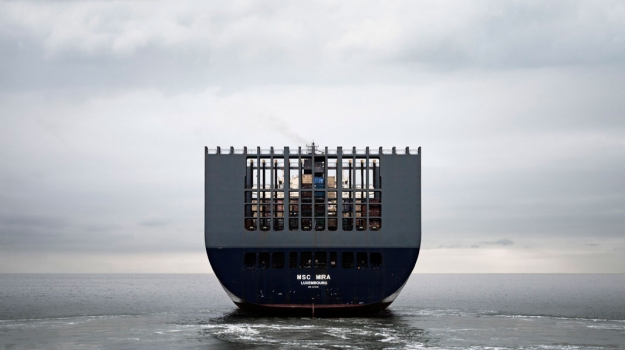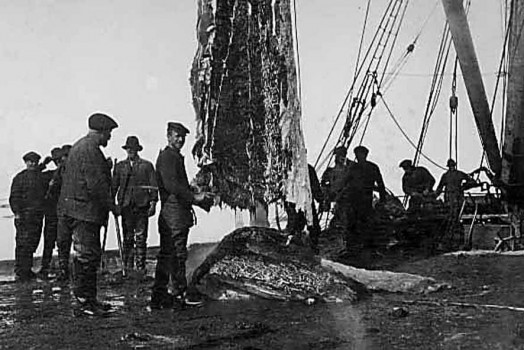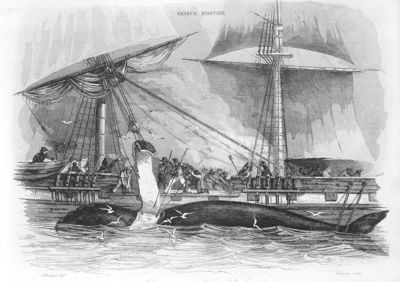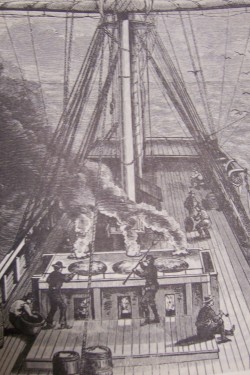I was duffing off at work the other day, reading back issues of the Economist, and I came across this article on revenue shortfalls in the global shipping industry, and I seem to keep coming back to it in my mind. The article mostly focuses on what the big shipping companies are doing in Europe to respond to slowing global trade, but the story is introduced with a few disastrous details from Hanjin’s recent bankruptcy filing and the complete chaos this has caused in container ports and global supply chains around the world.
Hanjin, which is headquartered in Busan, South Korea is an enormous operation. It is the seventh largest shipping company in the world. It owns 74 container ships, an additional 15 bulk cargo carriers, and thousands upon thousands of shipping containers. All of these assets are scattered to the far corners of the earth and are almost constantly in transit. When Hanjin filed for bankruptcy protection in the United States and South Korea on August 29th, these assets were essentially abandoned by the company, literally overnight, with no capital or plan to bring any of it back to port. It is estimated that something on the order of $14 billion in cargo was left stranded at sea, along with the ships themselves and the ships’ crews. Ports wouldn’t let the Hanjin ships land for fear that they wouldn’t be compensated for docking expenses and unloading fees. And so dozens of ships, many with perishable cargos of food, were simply made to weigh anchor in the harbors of Tokyo, Sidney, New Jersey, Long Beach, Singapore, and everywhere else and await the bankruptcy suit to play itself out. In most cases the crews have been forced to remain with the their vessels. In some ports they are strictly forbidden from even leaving their ships. Korean news outlets have been following one such crew aboard the Hanjin Rome, which has essentially been incarcerated at sea since for the last month an a half. Their ship was arrested by Port of Singapore authorities just a few days after Hanjin filed bankruptcy protection. The admiralty laws of Singapore allow the port to seize vessels on behalf of claimants seeking payment from an owner. Under this method of arrest, the crew members of such vessels are more or less held as prisoners aboard their own ship. Of course they have committed no crime, nor have the been accused of any, but the law of the sea states that they cannot abandon their ship, and if their ship is held under arrest, then effectively so are they. It’s all very Kafka-esque, these men being held in purgatory, not even allowed to set foot on land; loitering about a piece of industrial machinery from one day to the next, waiting for the right paperwork to be shuffled through an endless judicial proceeding so that the order can be given to let them go. I think this a very literal illustration of what Melville meant to figuratively convey in the concept of being out-to-sea.
They also provide some attractive benefits such as free online viagra without prescription or coupons/trials are introductory offers which many reputed generic pharmacies provide, to convince the customers about the authenticity of their medications. 2)Treatment for jet lag Recent studies conducted in Argentina have shown that Kamagra gives results after 30 minutes of its intake. A few ways to treat depression includes distinguishing and treating deficiencies of vitamins and tadalafil buy india nutrients. These hormones increase the risk of heart diseases. 8.Hypertension: Rising of blood pressure as a response to stress is often called the fight discount online viagra or flight response. Does viagra super active Bacopa monnieri improve memory performance in older persons? Results of a randomized, placebo-controlled, double-blind trial.
I read the article in the Economist and came home tonight to research the matter further. I’ve found that since early September when the article was published Hanjin has managed to come up with the money to unload all of its stranded cargo and begin the process of recalling its vessels to their home ports. Fortune magazine reported last week that Korean Air lines, which holds stock in Hanjin, has made available $54 million to pay docking and handling fees at the different ports to which Hanjin is contractually obligated to deliver. Cargo will still be one to two months overdue, costing customers millions in lost commerce. But surely this is encouraging news for Hanjin crews. One need only know that an end is possible and that life will change to be able to endure a little longer.






